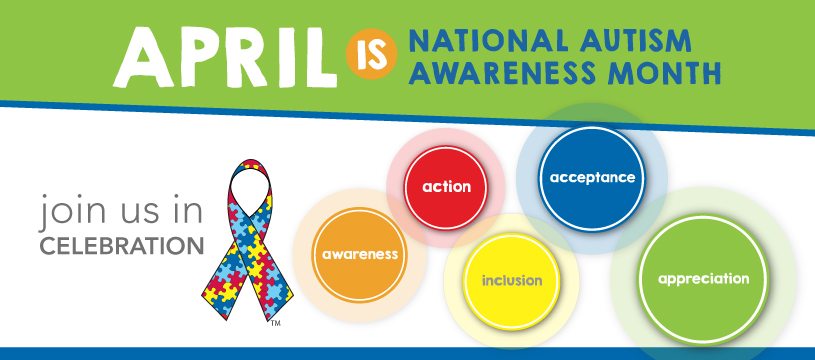Autism is a neurological development disorder that affects almost 1 in 68 American children; almost 21 million suffer from autism globally. A new government survey of parents suggests that 1 in 45 children, ages 3 through 17, have been diagnosed with autism spectrum disorder (ASD). Characterized by difficulty with verbal and non-verbal communication, diminished social interaction and repetitive behaviors, there are a wide range of autistic disorders that are labeled Autism Spectrum Disorder (ASD).
ASD is primarily attributable to abnormal brain development in infancy and early childhood. In most cases, the first signs of ASD appear at age two or three and may include poor motor skills, intellectual disability, behavioral problems, food sensitivity, food intolerance, leaky gut syndrome and other gastrointestinal problems, sensory issues, sleeping difficulty and immune issues. It is critical for optimal development that an ASD diagnosis is made as early as possible so that a treatment can be implemented right away.
Here is the list of specialists that can assist in autism therapies:
- Child psychologist
- Child psychiatrist
- Nutritionist
- Gastroenterologist
- Endocrinologist
- Speech pathologists
- Developmental pediatrician
- Pediatric neurologist
- Audiologist
- Physical therapist/Occupational therapist
Autism is often accompanied by exceptional intellectual skills. About 40 percent of people with ASD have heightened skills in music, art or academic abilities. Many, however, have severe disabilities and incapable of living alone.
While there is ongoing research into the causes of autism, most experts believe that there are genetic and environmental factors. There is strong evidence that children inherit a predisposition for ASD from parents, but factors like exposure to toxins, heavy metals and environmental factors can heightened the risk.
There are a number of available therapies which can help young children overcome developmental impediments. If implemented early enough, bio medical interventions, psychosocial intervention which emphasize speech, language and socialization can greatly improve quality of life; in some cases kids recover and meet normal developmental milestones. Alternative therapies like dietary restrictions, chelation therapy, and supplement therapy have helped a lot of kids and parents reported significant improvements in child’s behavior, health and sleeping patterns.
Beatthespectrum will continue to share the latest research and develop the most effective products, so we continue to support our kid’s wellbeing and their progress!
Join our community and share your story with us!

